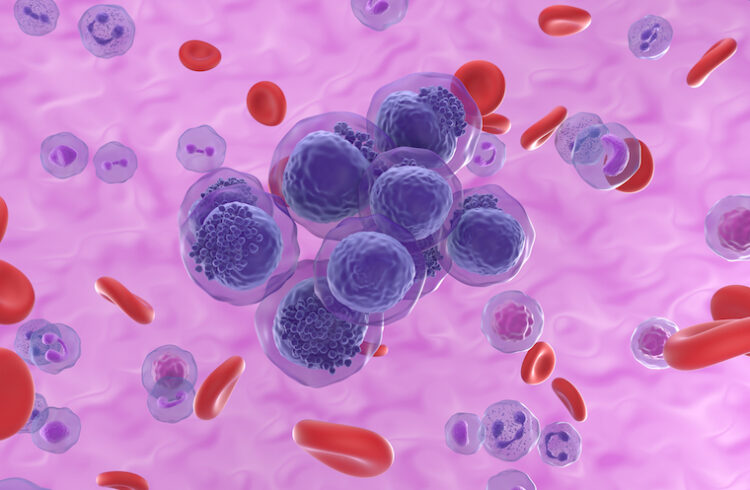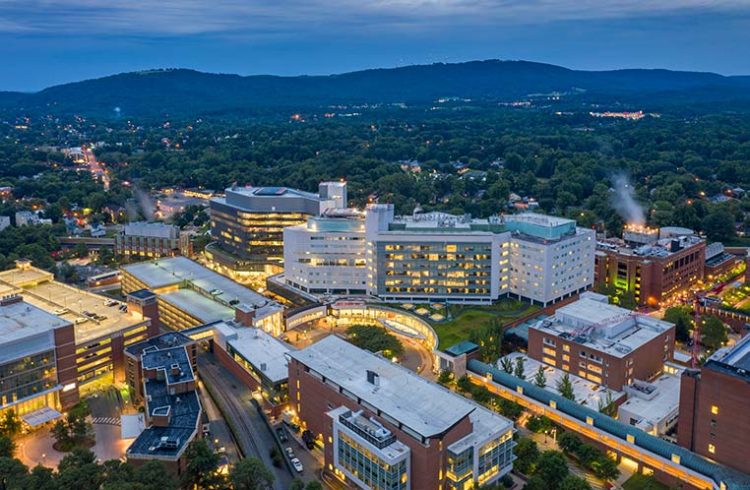
Near-death experiencers often report profound changes to their world view. New School of Medicine research suggests the types of support that can help them cope.
Near-death experiences can have lasting, life-changing effects, and new School of Medicine research sheds light on the types of counseling and support that can best help people cope.
The research, from UVA’s Division of Perceptual Studies, is believed to be the first to explore the most common and effective ways to assist people grappling with potentially profound changes to their world view. For most, near-death experiences, or NDEs, have a positive effect; the brush with death can give experiencers renewed purpose in life, a desire to serve others and an appreciation for being part of a greater whole. But even then some people may struggle to make sense of the experience, especially if their NDE conflicts with their religious or existential beliefs, personal values or scientific views. Additionally, individuals who have had an NDE may struggle with incorporating changes in priorities, relationships and values into their lives.
In dealing with the aftermath of a near-death experience, people can benefit from the right type of support, says researcher Marieta Pehlivanova, PhD, of UVA Health’s Department of Psychiatry and Neurobehavioral Sciences.
“We know a lot about these experiences from decades of research, including their typical manifestations, incidence, medical circumstances, their impact on individuals and even the physiological conditions of patients who have them,” she said. “However, the research on how to support these patients and their specific needs is still limited. We hope to begin addressing this gap and to inspire other researchers, especially clinicians, to devote time and care in pursuing these questions.”
Effects of Near-Death Experiences
Pehlivanova and her colleagues looked at the types of professional help, therapy and other forms of support sought by 167 people after their near-death experiences and the factors that predict who will need support after the experience. The researchers also asked the experiencers how helpful they found the different forms of support.
More than half of the experiencers – 64% – had reached out for help, and 78% of those found the support helpful. The greater the intensity of the NDE, the more likely the experiencers were to seek help, the researchers found. People with a history of psychological difficulties were also significantly more likely to seek support.
One key to successful support was acceptance and validation. Many people hesitate to seek help for fear they will be labeled “crazy,” the researchers note. Strikingly, people who received a positive or accepting first reaction when they disclosed their experiences were much more likely to describe the overall support they received as beneficial.
People were also likely to describe the support as helpful if they were older, if they described their childhoods as happy – hinting at greater resilience – and if they received support from groups or online sources that are “friendly” to and knowledgeable about the phenomenon of near-death experiences, the researchers report in a new scientific paper outlining their findings.
Further, people who described their mental health as good were less likely to report seeking support after their NDE and more likely to report that support was helpful, if they sought it. This may because they have greater mental-health resiliency allowing them to process the NDE without the need for external support, or their current mental health may have been the result or receiving validating support, the researchers say.
Notably, support received from mental-health professionals was associated with lower perceived helpfulness. This may reflect a need for more counselors, therapists and health professional specifically trained in helping people cope with near-death experiences, the researchers conclude.
“We are hoping that this work brings light to the support needs of individuals who have had a near-death experience and are trying to make sense of it and its impact,” Pehlivanova said. “In a new era of holistic patient care and extensive research on these experiences, including in medical journals, it is important to highlight the need for education of healthcare providers to address the gap of care for these patients.”
About the Findings
Pehlivanova and her colleagues have published their findings in the scientific journal Psychology of Consciousness: Theory, Research and Practice. The article is open access, meaning it is free to read. The research team consisted of Pehlivanova, Katherine C. McNally, Sabina Funk and Bruce Greyson.
To keep up with the latest medical research news from UVA, subscribe to the Making of Medicine blog.
About the Division of Perceptual Studies (DOPS)
Established in 1967 under the leadership of Dr. Ian Stevenson, DOPS stands as the most productive university-based research group in the world dedicated to exploring phenomena that challenge conventional scientific paradigms concerning human consciousness. At the core of DOPS’s research mission lies the commitment to rigorous evaluation of empirical evidence surrounding exceptional human experiences and capacities, including utilization of a state-of-the-art neuroimaging lab. DOPS extends its focus beyond fundamental empirical research and explores the profound implications of such research for scientific theory and society at large. By actively sharing insights and findings, DOPS strives to contribute meaningfully to the understanding of consciousness, bridging the gap between scientific inquiry and public awareness.
For more information, visit the division's site.



